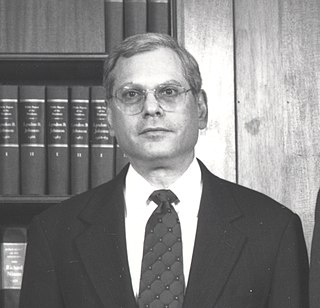A Quote by Jeff Goodell
Nobody disputes that cheap natural gas would be a good thing for the economy. The question is, is this a sustainable new development that can be counted on for decades to come, or simply a 'bubble' brought on by a land grab and drilling frenzy?
Related Quotes
The transition from coal, oil, and gas to wind, solar, and geothermal energy is well under way. In the old economy, energy was produced by burning something - oil, coal, or natural gas - leading to the carbon emissions that have come to define our economy. The new energy economy harnesses the energy in wind, the energy coming from the sun, and heat from within the earth itself.
Our consumer-oriented economy wouldn't survive without economic growth. The whole mechanism depends on invention and insinuation of novelties, arousing new wants, seduction and temptation. This is the problem we face - much more than recapitalizing the banks. The question is: Is that kind of economy sustainable?
There are broader and narrower definitions of the new economy. The narrow version defines the new economy in terms of two principal developments: first, an increase in the economy's maximum sustainable growth rate and, second, the spread and increasing importance of information and communications technology.
Today, natural gas now outstrips coal as the leading provider of electricity in America. If this is as big as people believe it is, natural gas will soon be powering trucks and marine ships. Maybe even standard commercial cars that people use at home through compressed natural gas, other gas to liquids. The potential is there for more energy independence by America and a reliance on cleaner fuel - natural gas emits half as much as coal, in terms of carbon emissions. That's a real bounty.
Our early 21st century civilization is in trouble. We need not go beyond the world food economy to see this. Over the last few decades we have created a food production bubble-one based on environmental trends that cannot be sustained, including overpumping aquifers, overplowing land, and overloading the atmosphere with carbon dioxide.
































